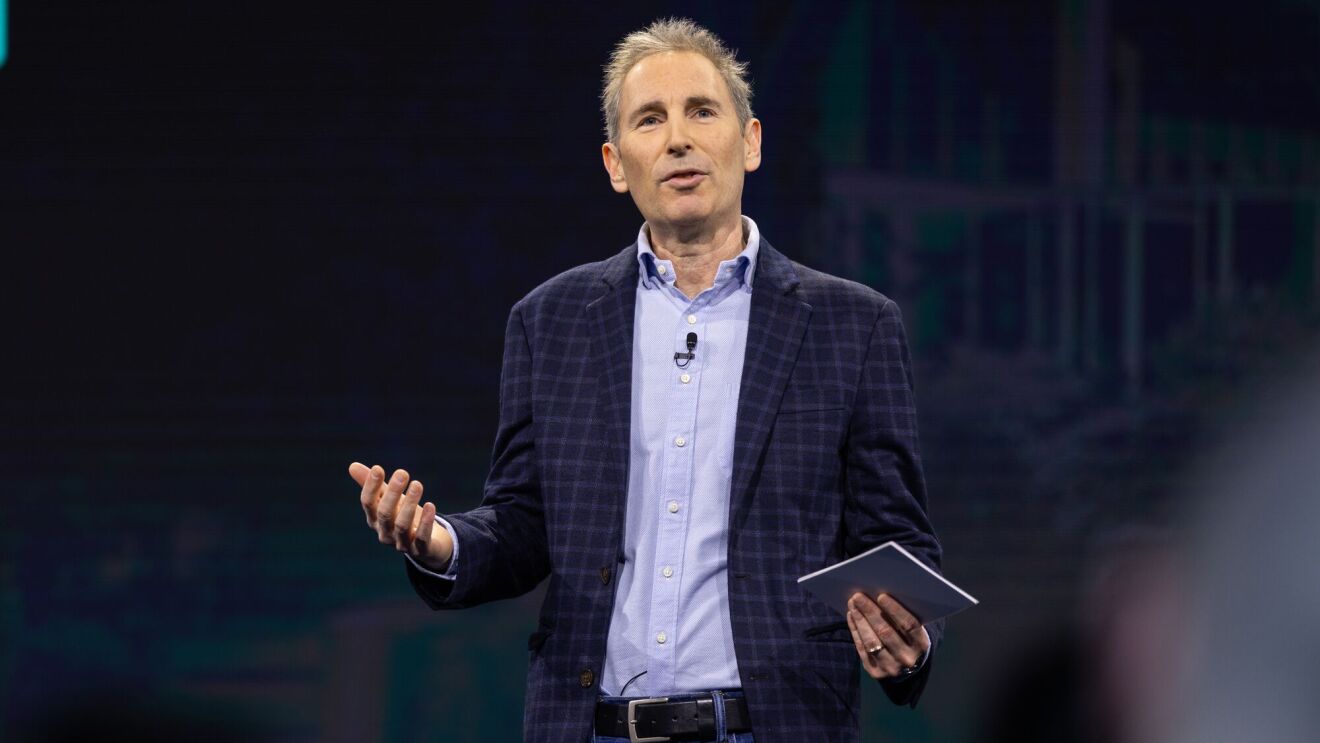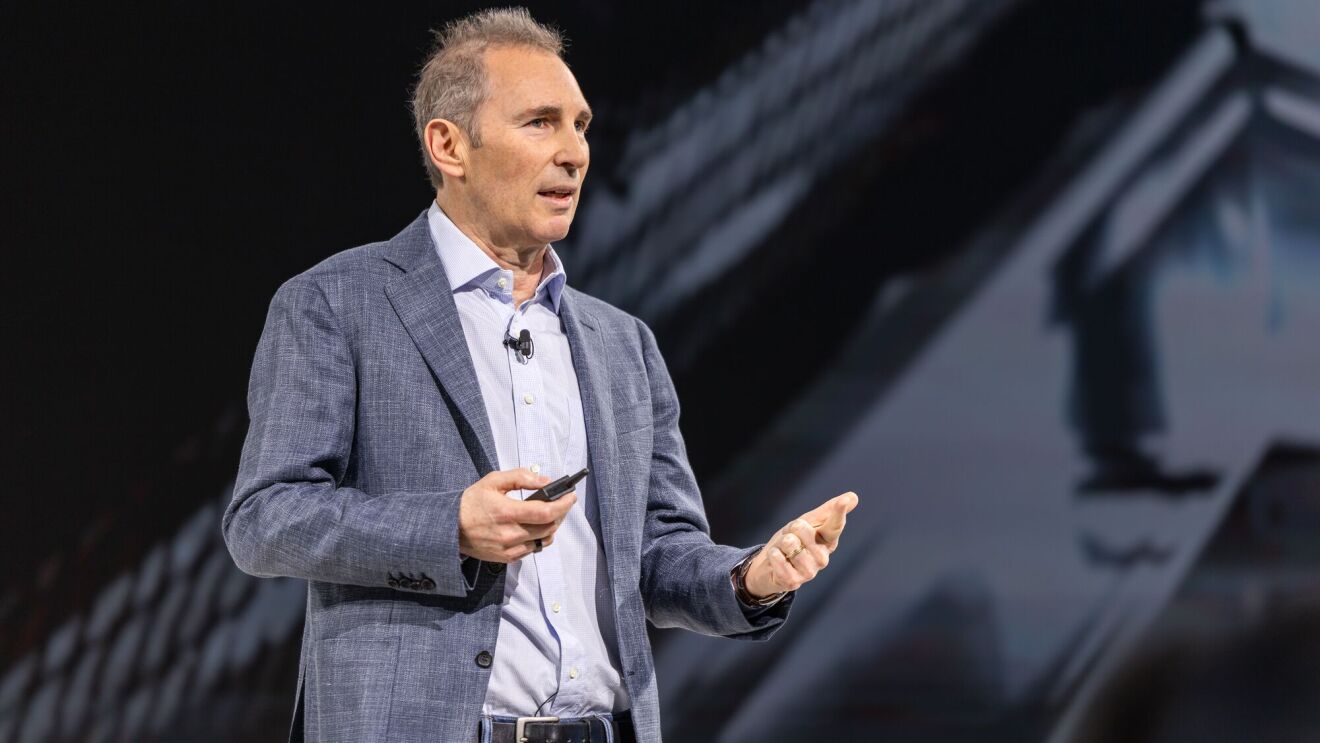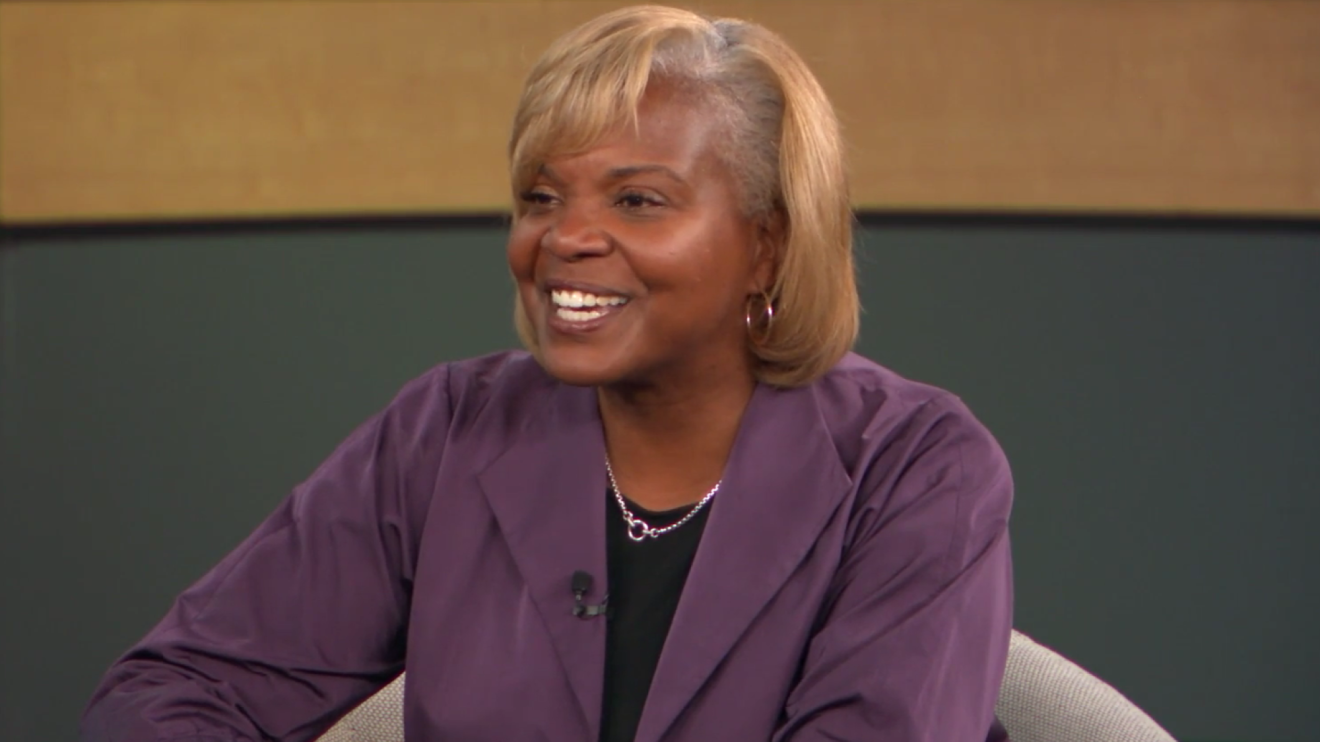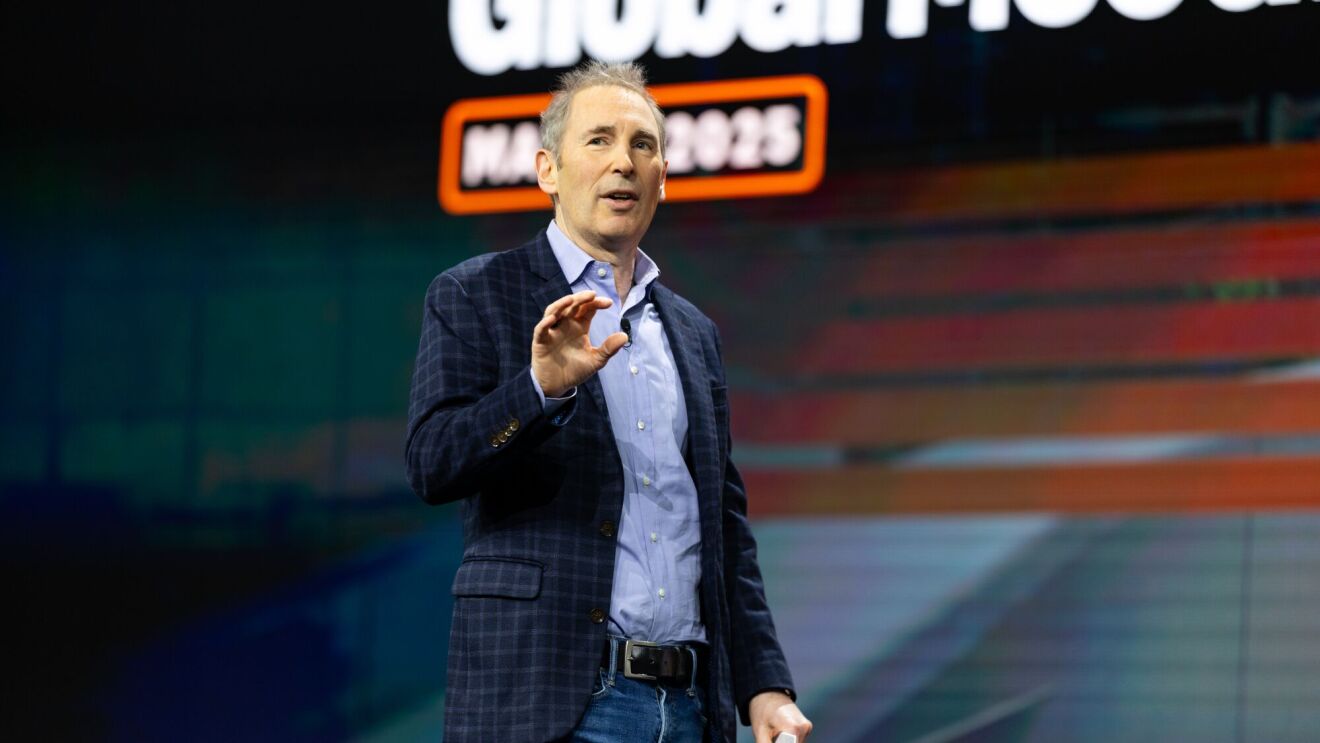Growing up in El Paso, Texas, Sairym Ibarra did not know what Hispanic Heritage Month was. In fact, she wasn’t even aware that she was part of a minority group until she left her native city and went to work for Amazon in Seattle. There, she started hearing about Latinx events and keynote speakers organized by the employee affinity group Latinos@Amazon.
"I got the concept, but for me it was new," said Ibarra, a senior tax analyst at the company. She began going to meetings, later became more active in the group, and now helps organize events to mark Hispanic Heritage Month.
Paul Chavez’s upbringing was quite different from Ibarra’s. The middle son in a Mexican family, Chavez was born and raised in the Seattle area, where Hispanics represent only 6.6 percent of the total population today. He always knew that he was different than his peers.
01 / 03
"I felt that I had to work twice as hard, because even when applying for college, there was no one who could guide me on how to do that," said Chavez, now a senior recruiting lead at Amazon. "I felt the discrimination mostly through the way my family was treated, because they spoke in broken English."
His background, he said, "made me who I am: extremely hardworking and empathetic, because I can put myself in other peoples’ shoes." Both he and Ibarra are the first members of their families to attend and graduate from college. Like Ibarra, Chavez had not heard about Hispanic Heritage Month until he began celebrating it at Amazon.
Marking independence
Hispanic Heritage Month was established in 1988 after California Representative Esteban Torres proposed the designation to Congress. Signed into law by President Ronald Reagan, Hispanic Heritage Month expanded the week-long designation established in 1968 under President Lyndon Johnson. The dates designated are significant for the culture. September 15 to October 15 encompasses the independence days of several Latin American countries: Costa Rica, El Salvador, Guatemala, Honduras, Nicaragua, Mexico, and Chile; and Columbus Day, or Día de la Raza, on October 12.
Hispanic Heritage Month was established in 1988 after California Representative Esteban Torres proposed the designation to Congress. Signed into law by President Ronald Reagan, Hispanic Heritage Month expanded the week-long designation established in 1968 under President Lyndon Johnson. The dates designated are significant for the culture. September 15 to October 15 encompasses the independence days of several Latin American countries: Costa Rica, El Salvador, Guatemala, Honduras, Nicaragua, Mexico, and Chile; and Columbus Day, or Día de la Raza, on October 12.
People of Latin American ancestry—either born or raised in the U.S.—usually identify themselves as Hispanic or Latino/a, interchangeably. More recently, some prefer to be called Latinx, a gender-neutral term. While many speak Spanish, others do not.
The nation’s 60.6 million Hispanics represent 18.5 percent of the total population, according to 2019 U.S. Census figures, making them the largest ethnic or racial minority in the U.S. Twelve states have a population of 1 million or more Hispanics: Arizona, California, Colorado, Florida, Georgia, Illinois, New Jersey, New Mexico, New York, North Carolina, Pennsylvania, and Texas.
These numbers are expected to grow, with estimates indicating the Hispanic U.S. population could double over the next four decades.
A different celebration
The COVID-19 pandemic has affected the Hispanic community disproportionately, with higher hospitalization rates compared to whites and worse economic pain, as well, according to the Centers for Disease Control and prevention.
The COVID-19 pandemic has affected the Hispanic community disproportionately, with higher hospitalization rates compared to whites and worse economic pain, as well, according to the Centers for Disease Control and prevention.
This climate of adversity is all the more reason to celebrate Hispanic Heritage Month, said Patrick Charpenel, director of El Museo del Barrio in New York, one of the nation’s top Latino art institutions, which will reopen in mid-September.
"Crises are turning points that imply a rupture, and—I hope—an irreversible change in favor of diversity, equity, and inclusion," he said. "Communities like ours must take part in the great decisions that shape this country."
The spirit of the celebration
Many at Amazon will miss the office party celebrations this year—fiesta is ingrained into the cultural identity of U.S. Hispanics.
Many at Amazon will miss the office party celebrations this year—fiesta is ingrained into the cultural identity of U.S. Hispanics.
01 / 04
"I would find so many things in common with other Hispanics—we can talk about novelas (soap operas), for example," Ibarra reminisced about parties at Amazon in the days before the pandemic. "It was also fun to see people from outside the Latin community—Asian, African American—dancing salsa. We all blended in and learned from each other."
Established in 2012, the Latinos@ employee affinity group also coordinates to bring mentors to Seattle-area high schools that have a high percentage of minority students; hosts workshops, social, and cultural events; and participates in recruiting efforts at conferences and colleges.
While these types of in-person activities are currently on hold, Latinos@Amazon has found other ways to keep traditions alive remotely by organizing virtual events, including an introduction to Mexican wine, professional development panels, and a Brazilian DJ set.
Dora María Abreu, regional program manager for engineering excellence at Amazon and a proud New Yorker with Dominican roots, had been with the company for just a few months when the COVID-19 pandemic took hold. She decided to start a virtual cafecito (coffee break) with several other Hispanic coworkers and has found in it a way to connect and build relationships with others once a month.
"Meeting a lot of Latinos at Amazon has been great, because I did not see a lot of Latinos in the jobs I had before," she said. "I am impressed to see so many in positions of management. I feel that I belong here."
Learn more about Hispanic Heritage Month and Latinx culture with Alexa. Just say, "Alexa, Feliz Mes de la Herencia Hispana" or "Alexa, Happy Hispanic Heritage Month!"
Also available now, choose from a collection of resources below highlighting Hispanic and Latinx voices and stories in honor of Hispanic Heritage Month.
Trending news and stories
- Amazon unveils 7 new robots powering faster, safer deliveries: Go inside our most innovative delivery station yet
- Introducing Vulcan: Amazon's first robot with a sense of touch
- This new AI tech will make sorting packages easier for Amazon's delivery station employees
- 15 photos from Project Kuiper's first launch of low Earth orbit satellites















